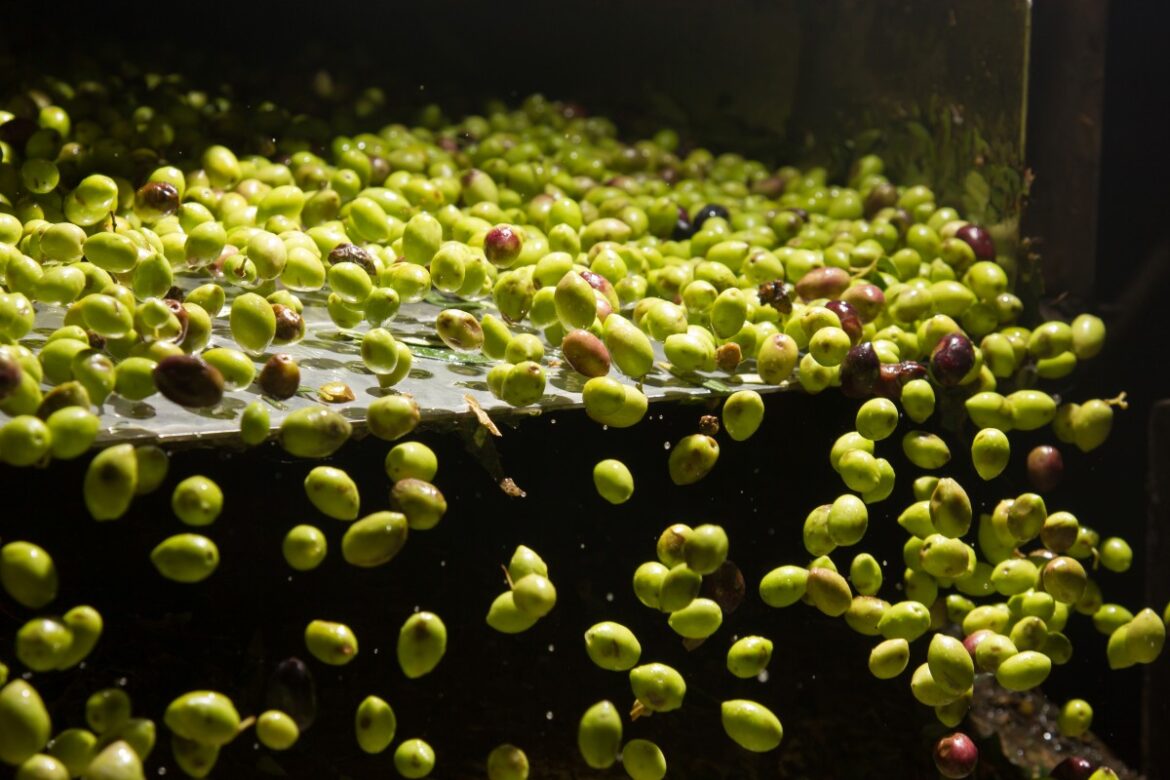Known as OLinWASTE, the project will explore how olive mill waste (OMW) such as pomace, stones and leaves can be utilised in a range of applications. European mills produce roughly ten million tonnes of OMW per year, the vast majority of which is olive pomace made up of skins and pulp. Pomace is often treated with solvents to extract pomace oil, meaning that it can pose environmental hazards if not disposed of properly.
OLinWASTE will see the creation of a zero-emission biorefinery to convert OMW into valuable bioproducts such as bioplastics, biofertilisers, biopesticides, plant bio-immunostimulants and bioenergy. Backed by almost €4m in funding from Horizon Europe and set to run over four years, the project held its kick-off meeting in Rome in June 2025. The team is already working with an Italian olive mill that operates a biogas plant, paving the way for a fully integrated biorefinery.
“We are proud to lead a project that brings together cutting-edge science, green technology, and real-world application to make Europe’s bioeconomy more circular and resilient,” said project coordinator Professor Vincenzo Lionetti, from Rome’s Sapienza University of Rome.
UK partner Surrey University is set to design the System Digital Twin (SDT) for the biorefinery’s waste treatment and energy flows. Taking input data from across the project, the SDT will use machine learning, validated against real-world experiments and physics-based models, to ensure its accuracy. The digital twin will enable the team to simulate the biorefinery’s operations and deliver continuous optimisation.
“The OLinWASTE project is a fantastic opportunity to help make the olive oil industry cleaner and more sustainable,” said Dr Lei Xing, lecturer in Digital Chemical Engineering at the University of Surrey and Fellow of the Surrey Institute for People-Centred AI.
“Our digital twin will give the team a powerful tool to explore different scenarios, improve efficiency, and cut costs and emissions – ultimately supporting greener production across Europe.”
The full consortium includes Sapienza, Padua, Cranfield, Burgos, and Surrey universities, the Austrian Centre of Industrial Biotechnology, Research Institutes of Sweden, Rise Processum, industrial biorefinery Agrolio-Agroenergy, and the open innovation cluster CLIC Innovation Oy.

